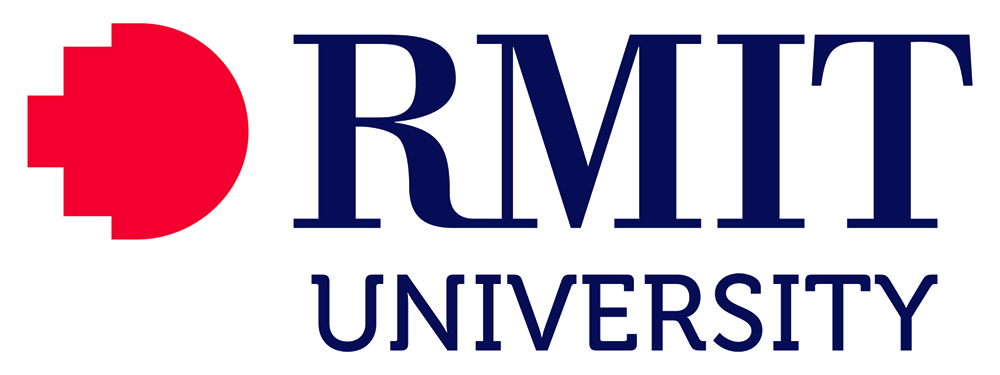Kristen is currently working on an online exhibition and public program Mutable Ecologies: Art, Design and Architecture interfaces for environmental futures.
2021 marks 10 years since the Tohoku earthquake and tsunami. In this decade Australia and Japan have experienced an increase in extreme environmental events which have impacted on rural and urban ways of life. These events and their relationship to human activity are subject to increasing debate. Mutable Ecologies considers how innovations in art, design and architecture can interrogate the effects of these changing environmental conditions to offer new insights and awareness of ecological futures.
It comprises leading creative practitioners in Australia and Japan delivering a series of online exhibitions, workshops and discussions that explore emerging practices, technologies and interfaces between art, design and architecture to advance global responses to ecological transformations. The project will connect practitioners, the public and organisations to build on and strengthen existing partnerships to reveal Australia’s strong cultural and economic relationship with Japan and shared values of community engagement, ecological resilience and sustainable futures.
This project is supported by funding from a DFAT Australia Japan Foundation grant and Asialink, with in kind support from RMIT University School of Art, RMIT Public Engagement Group, Asialink, Musashino Art University, Tokyo and NTT ICC, Tokyo.
Research Team
Kristen Sharp (RMIT), Philip Samartzis (RMIT), Andrew Teztlaff (RMIT) and project partners Asialink, Professor Christophe Charles (Musashino Art University, Tokyo), Minoru Hatanaka (NTT ICC, Tokyo).








